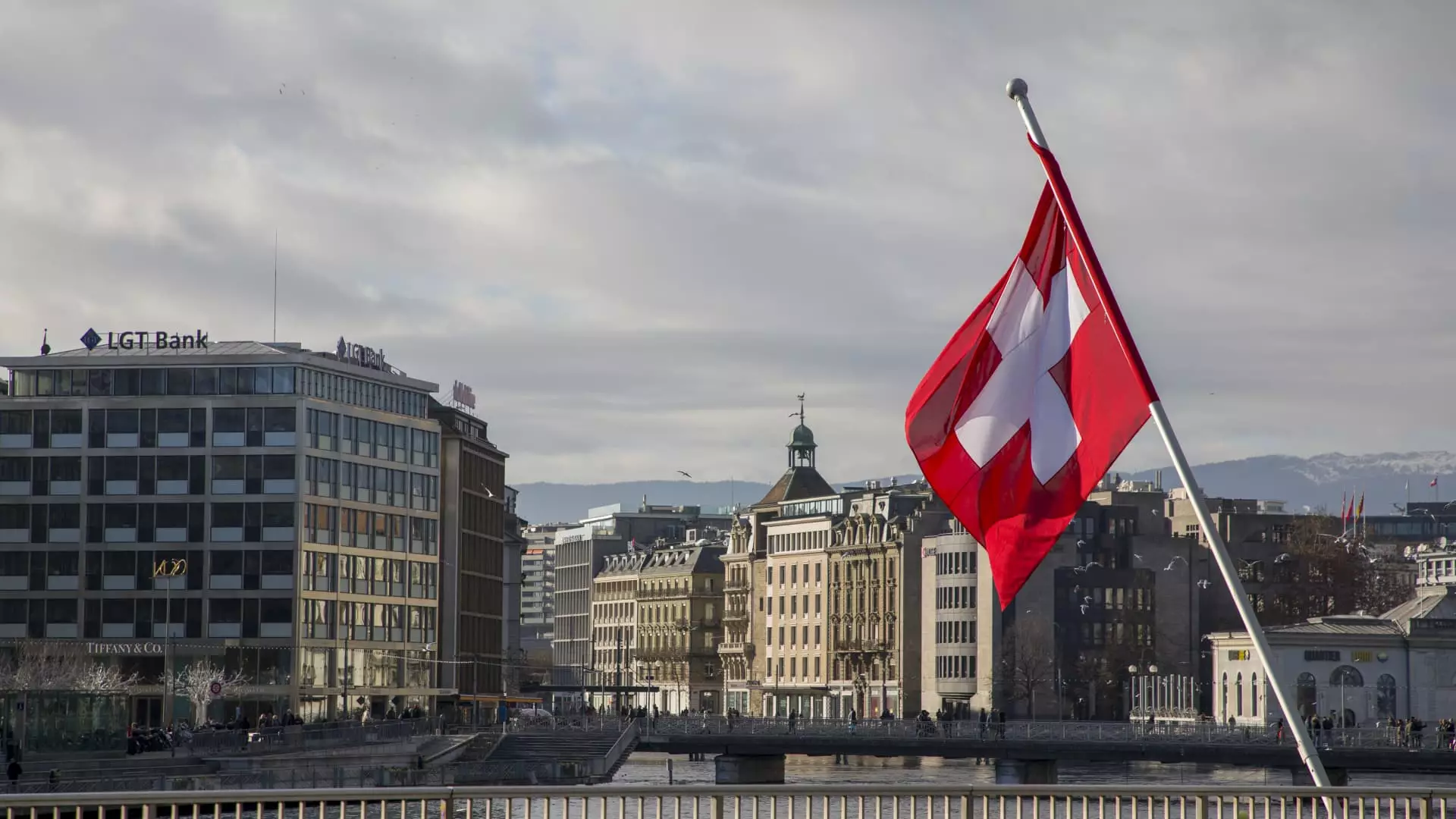The trend of affluent Americans turning to Swiss banks marks not just a shift in financial strategy but a deeper, more discomforting sentiment brewing within the country’s wealthiest circles. Reports suggest that an increasing number of high-net-worth individuals are diversifying their investments overseas, particularly in Switzerland—a nation synonymous with stability and discretion. This isn’t just a harbinger of capitalism’s flow; it’s a phenomenon that encapsulates the growing concerns among the elite about the future of their finances in an ever-volatile American landscape.
The Psychological Impact of Political Uncertainty
Political developments in the United States, particularly during the unsettling Trump administration, have led many to reassess their faith in American institutions, hard-earned wealth, and, fundamentally, the rule of law. There’s a psychological toll that comes with feeling unmoored from the principles that once anchored this nation. Wealthy individuals, seeking to insulate themselves from political upheaval, are now looking to Switzerland not just as a banking option, but as a form of emotional security. They crave the fortification that comes from placing their fortunes in a jurisdiction perceived as being governed by timeless laws and stable governance.
A Buffer Against Economic Storms
Many affluent investors harbor growing fears about the American dollar’s future, compounded by ballooning national debt and fluctuating economic policies. The currency, once considered the unbeatable bedrock of global finance, is perceived as increasingly susceptible to devaluation. By shifting cash to Swiss banks—home of the world’s most secure financial practices—the wealthiest are hedging against potential dollar decline. Their strategy reveals a belief that sometimes, shifting resources to where the grass appears greener may be the key to financial survival.
The Allure of Gold and Tangible Assets
In a climate where cryptocurrencies fluctuate and the real estate market faces its own set of challenges, Swiss banks offer not just an account but a doorway to precious metals. The tradition of buying gold in Switzerland draws investors keen on securing their wealth in tangible assets rather than digital or fiat currencies that can evaporate overnight. Allocating resources into physical gold and other commodities could be seen as savvy risk management, and it’s a strategy increasingly favored by those wanting to safeguard their legacy.
Creating a Safety Net: Residency and Citizenship
Beyond banking, this trend is part of a broader movement of planning for alternatives—“plan B” living, if you will. Affluent Americans are eyeing residency and potential citizenship in Switzerland or other European nations as a legitimate form of post-American security. It’s not merely about money but a survival strategy—positioning oneself within a framework of societal stability. The notion of having a fallback option when the political winds shift is not just prudent; it’s becoming essential for a growing number of individuals.
In essence, the surging interest in Swiss banking by wealthy Americans reflects a profound, multifaceted response to widespread uncertainties—political instability, economic volatility, and changing perceptions of what it means to be “secure” in the United States today. Precarious as the current landscape may be, it seems that those in the upper echelons are no longer satisfied with just staying the course. They’re seeking refuge in more stable waters that they hope will provide not just wealth preservation, but peace of mind as well.

